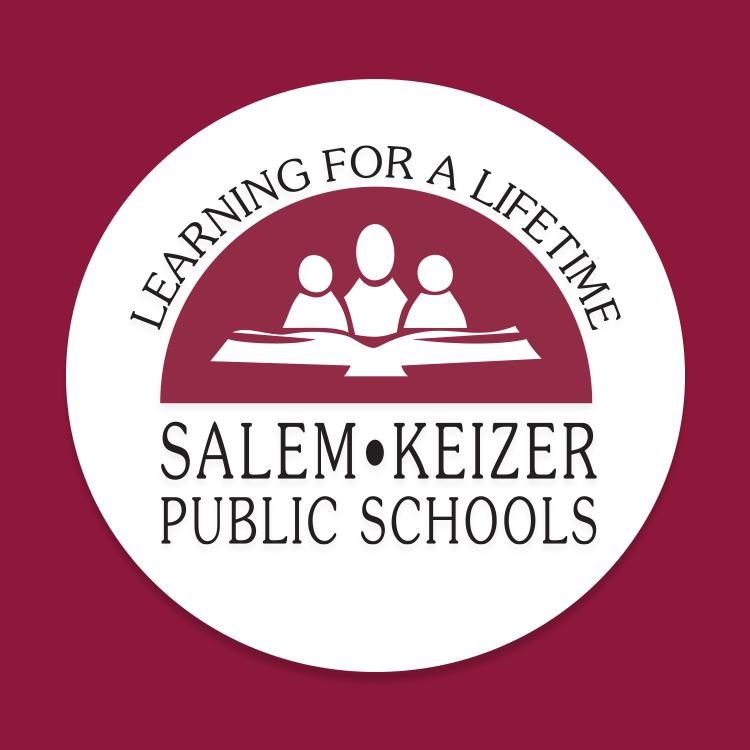
The Center for Professional Pathways
…is committed to connecting students with transformative experiences, education, and counseling/coaching engagements which will advance student’s career development and benefit society.
Visit Handshake and our calendar for upcoming events. Explore our website for extensive resources on career development and services or simply stop by our office – in the Student Success Center Room 205!
Center for Professional Pathways is open and available to you!
Come see us in-person or schedule an appointment (in-person or virtual) via Handshake for any of our regular appointment offerings. Don’t see an appointment that quite fits your needs? Give us a call, send us an email or stop by and our staff will be happy to assist!
Want a drop-in appointment? Email pathways@wou.edu or simply stop by our office Monday-Friday between 9am-4pm.
Want CPP to do a presentation or workshop for your class?
Request One Today!
The Center for Professional Pathways offers a variety of presentations and workshops to meet the needs of WOU students.
We are flexible and love to partner with classes, clubs/organizations and offices on campus to tailor a presentation that fits your needs! Request A Presentation today!
Schedule a time to meet with us!
Schedule an Appointment Today!
Many students benefit from one-on-one appointments with our skilled career development staff. We are available to meet with you via Zoom or in-person.
For more information on available appointments, Schedule an Appointment now.
Programs
One of our goals is to provide opportunities for students to gain professional and service oriented experience to prepare them for life after WOU.
In addition to numerous career readiness offerings, we support a variety of programs that give students hands-on experience working with organizations both on and off campus.
Visit the Programs page to learn more about how the Center for Professional Pathways can help you strengthen your college journey through experiential learning!
WOU CIP
WOU Community Internship Program applications will open in the Fall term each school year for approximately 4 weeks, after which we begin scheduling interviews. The internships begin at the start of Winter term and finish at the end of Spring term. Typically these opportunities require about 10 hours of work per week. Interested in WOU CIP? Find more information on our WOU CIP Webpage.
Are you looking for another internship opportunity? Off-campus internships? Summer internships? Log into WolfLink/Handshake and make an appointment with CPP Staff to learn about internship possibilities.
Contact Program Staff at woucip@wou.edu if you have any WOUCIP-specific questions or email pathways@wou.edu for any other internship related questions.
Volunteering
Volunteering your time to support a cause in your community can be one of the best ways to enhance your experience as a student. Each year our office plans a serious of service events for students to give back and get involved in our local community – Martin Luther King Jr. Week, Earth Day, Community Impact Day, and more!
New volunteer opportunities are announced regularly. To be the first to hear about them, sign-up for our WOU Volunteer list-serve to get the latest service project and volunteering news.
Contact Program Staff at volunteers@wou.edu for more information on how you can become involved.
ProConnects
ProConnects offer dinner with professionals, career panels, and time to interact with employers. Bring questions you want to know and get answers from individuals in your field of interest!
Are you looking to talk to professionals in your field of interest? After graduation Jobs? Log into WolfLink/Handshake and look at the Center for Professional Pathways events to learn about what career opportunities are coming to Western Oregon University.
Look on our instagram, handshake, and emails for information regarding upcoming events like ProConnects.




